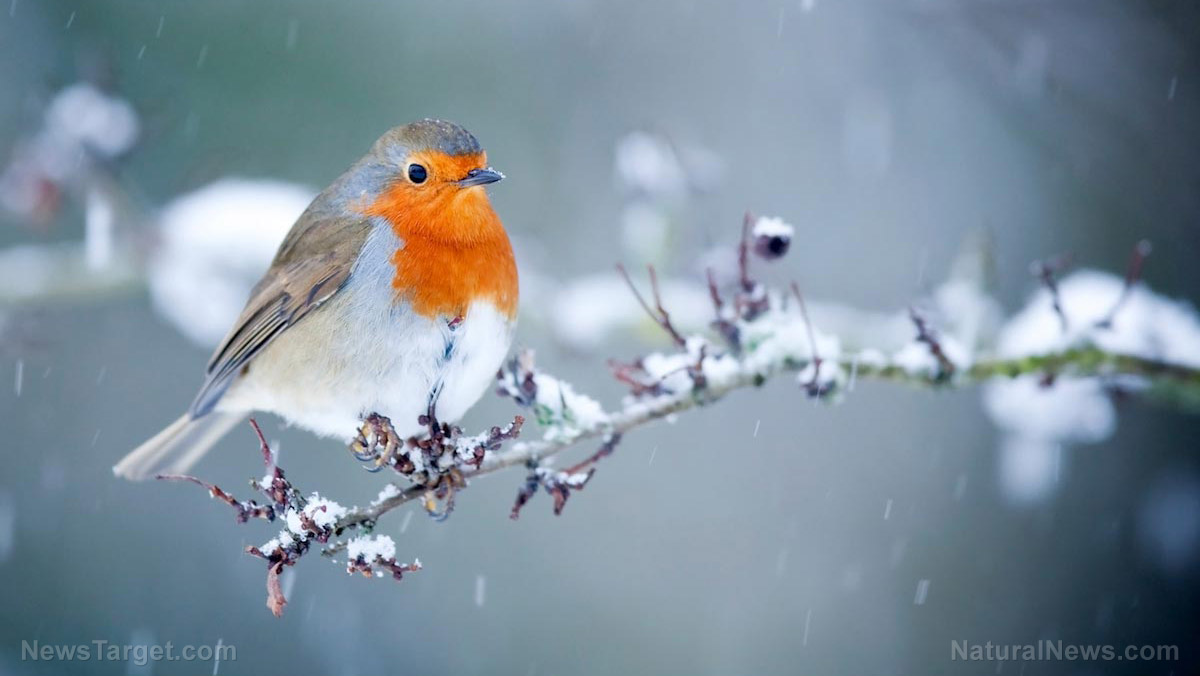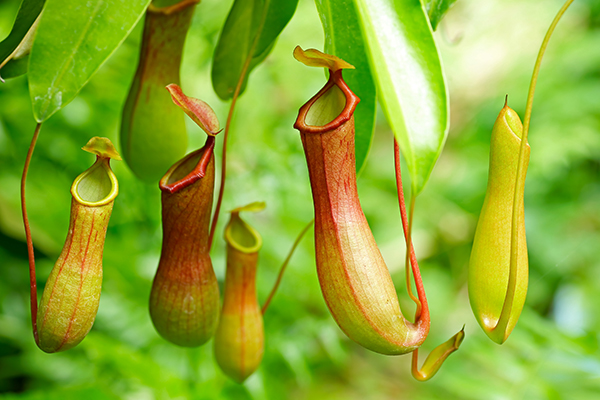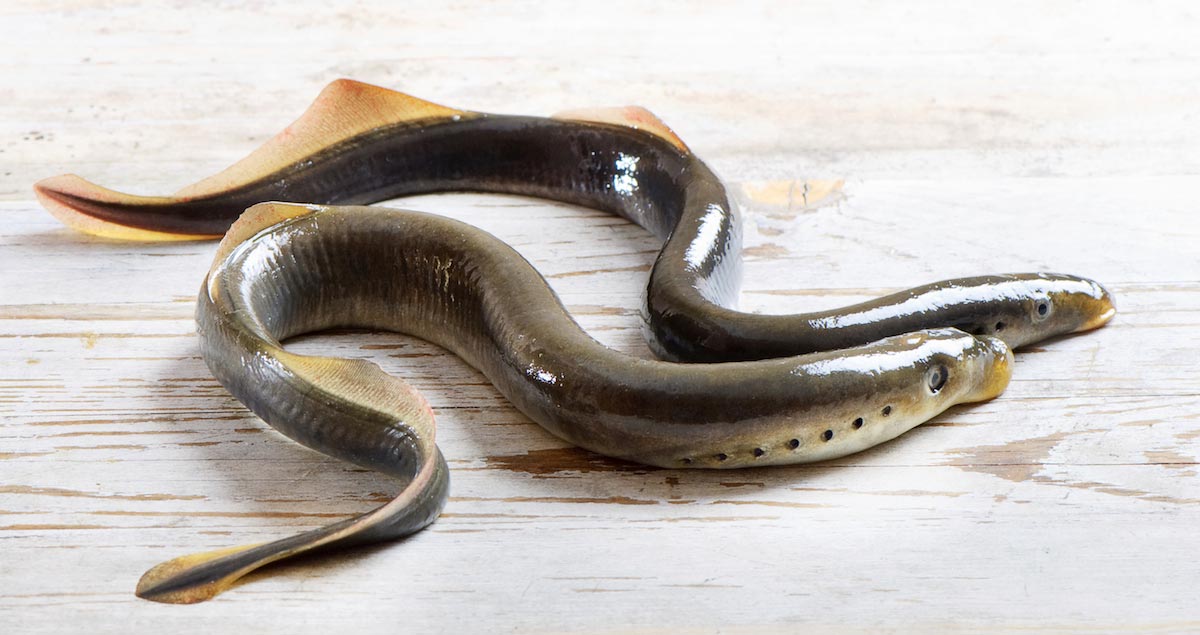Man-made noise is drowning out birdsong and potentially hurting the robin population
02/06/2020 / By Arsenio Toledo

It turns out that honking cars aren’t just bothersome to humans, but are also potentially harmful to the robin population of Britain. Man-made noises, such as from traffic or construction, are hampering the ability of robins to communicate with each other, as these noises mask the sounds of each other’s birdsong.
Robins use their birdsong for various reasons. They use it to attract mates, to warn each other of danger and to mark their territory. Robins also use it to ward off any potential invasion of their area. However, a study by researchers from Queen’s University Belfast (QUB) in Northern Ireland points out that robins are unable to respond quickly enough to complex birdsong if it is drowned out by background noise.
A song marks a territory
This means that a robin living in the noisiest parts of an urban area may not accurately assess whether another robin that enters its territory is a threat that must be warded off. Dr. Gareth Arnott, senior lecturer at QUB, said that singing is a way for birds like the robin to mark their territory. Birds would perch near the edge of their territory and sing, announcing their claim to a certain area. (Related: Our relationship with nature is vital to mental well-being: Scientists have tracked how we are affected by exposure to trees, the sky, birdsong in real-time.)
Furthermore, Arnott said, “We found that birdsong structure can communicate aggressive intent, enabling birds to assess their opponent, but human-made noise can disrupt this crucial information passed between them by masking the complexity of their songs used for acquiring resources, such as territory and space for nesting. As a result, the birds receive incomplete information on their opponent’s intent and do not appropriately adjust their response.”
If a robin enters the territory of another robin and then sings a complex song, that’s a show of force. If the defending robin responds in an aggressive manner, the threat can be sent off. Arnott and his team believe that noise pollution makes it difficult for robins to understand these songs, leading to unnecessary fights that can potentially hurt their population.
The researchers came to this conclusion through a series of experiments. They played birdsong to 15 robins to observe how they would respond if the song was played over background noise. In some of the tests, the robins became aggressive when they played one-minute snatches of birdsong and placed a wooden dummy robin in sight of the real bird. When there was no background noise being played over the song, the robins would simply respond with a rapid and more complex song, signaling their intent to defend their land. However, when there was background noise, the robins did not respond.
Man-made noise harms wildlife populations
“This study is evidence that human-made noise pollution impacts animal habitats and directly influences their ability to communicate properly,” said Arnott, “which may have implications for survival and population numbers for birds. This must be further investigated in order to protect our valued biodiversity.”
Arnott and his team said that their findings raise concerns about the ability of robins and other birds to healthily compete for territory and resources, especially when much of Britain’s woodlands, home to many birds, are being torn down. This study shows that birdsong is crucial to the survival of the bird population, and countries all over the world must understand and consider how noise pollution threatens wildlife populations.
Sources include:
Tagged Under: animals, birds, birdsong, conservation, Ecology, environment, manmade noise, research, robins, traffic noise, wildlife
RECENT NEWS & ARTICLES
COPYRIGHT © 2017 ENVIRON NEWS



















